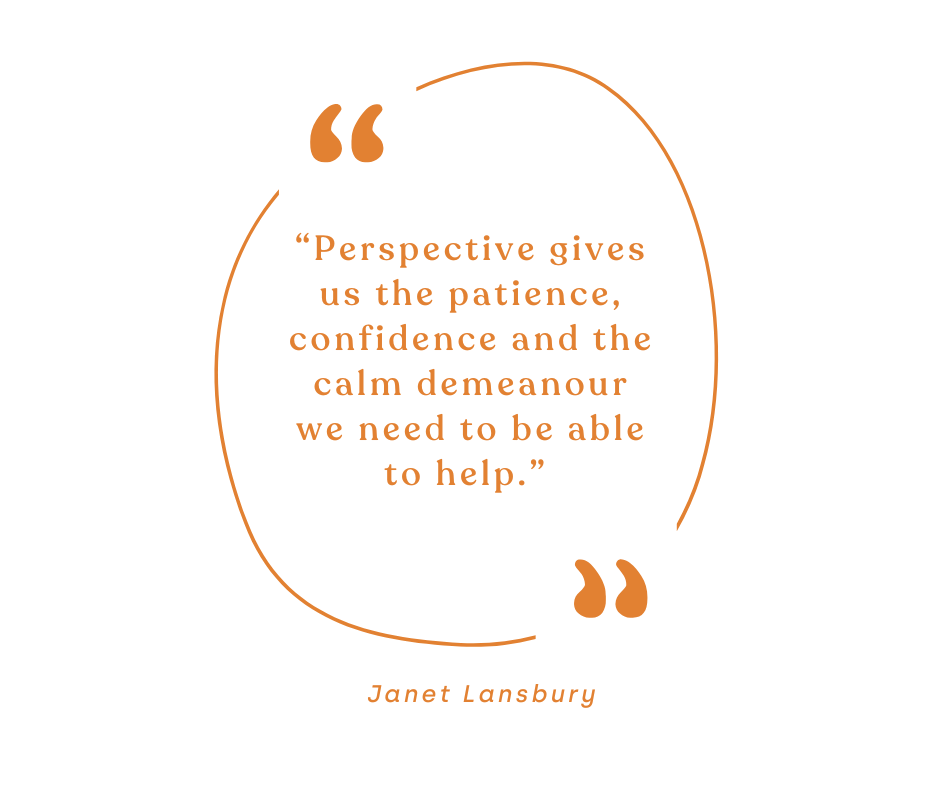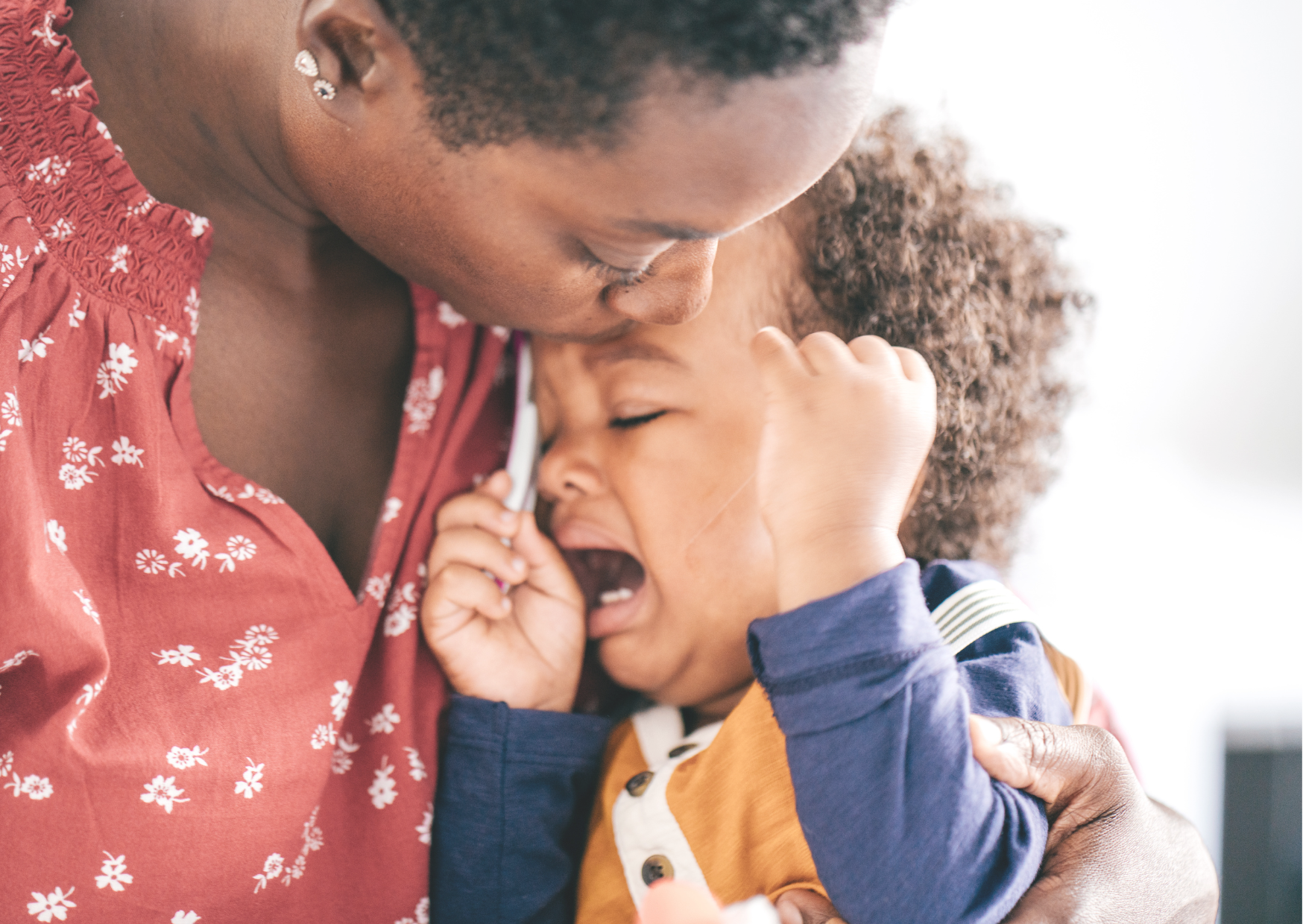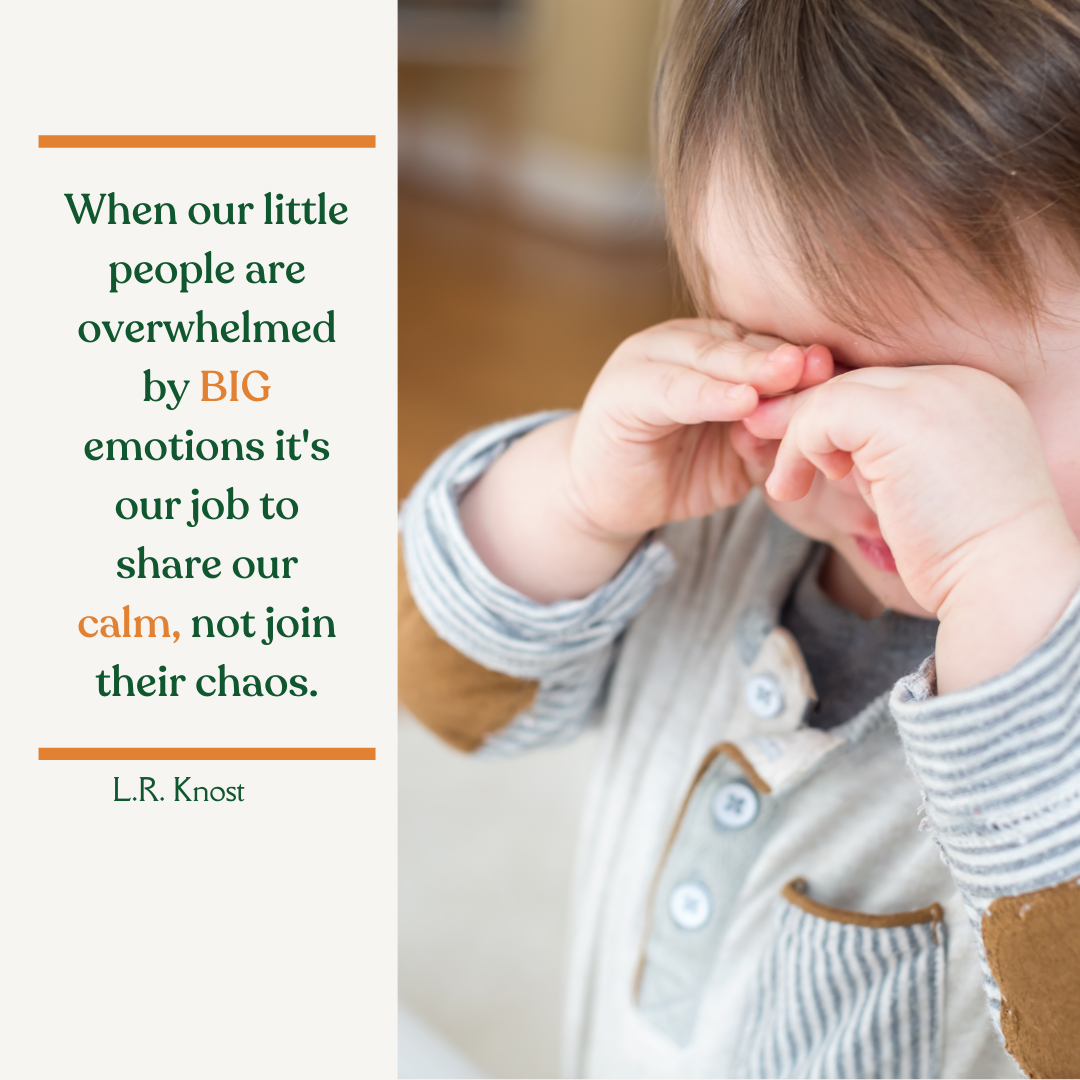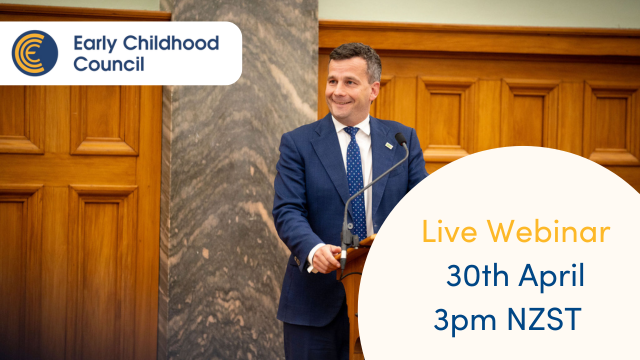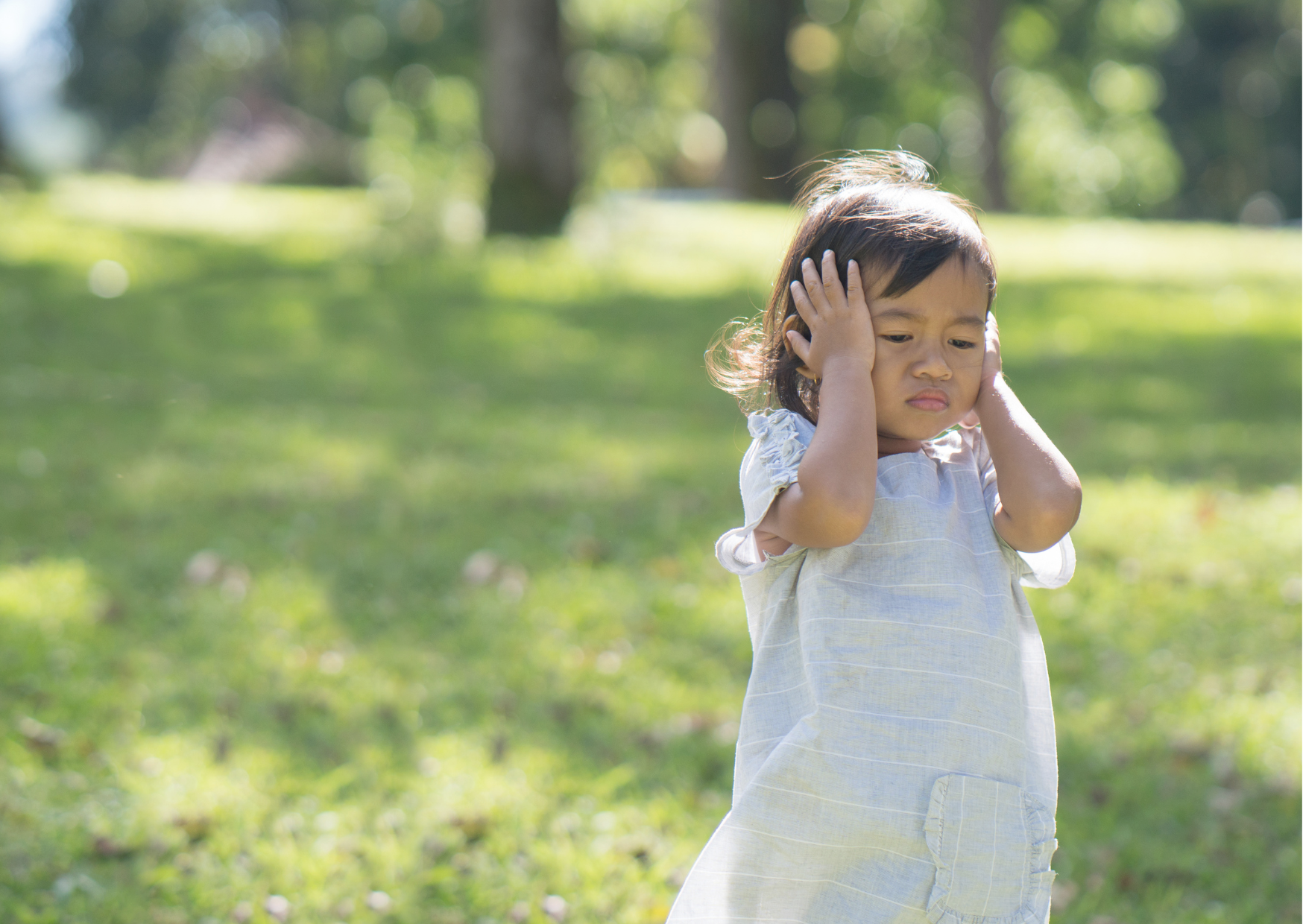
Toddlers who are biting will perceive the reactions from others when they do it, but they are not yet able to consider the perspective of the other person morally. So making them feel guilty or bad, shaming or punishing are not useful. They just have no idea what this all means. Toddlers are learning to recognise how they can make others feel. Biting someone, noticing them crying or jumping away is no different to giving them a toy and noticing them smile. It is cause and effect. Like pushing a button on a toy and watching it pop up. It is intriguing to watch this reaction over and over again, until the child has made sense of this reaction.
Think of biting as an urge, the same as any other usual toddler urges;
- The urge to tip everything
- The urge to run
- The urge to climb.
We must view toddlers as young apprentices still learning how this world works. And a lot of their learning will come from observing others’ reactions to their actions. Toddlers (like adults) often need to practice and repeat behaviours over and over again to truly explore and develop their understanding – to really learn the lesson. We should remember that biting (like many new behaviours) will usually only be a short phase. With the right support and guidance, this child will learn that biting is not ok and soon stop.
Biting is therefore not attention-seeking or naughty.
It is a learning and communication tool pure and simple. When we can view biting through this lens as an educator, we are more able to remain in control of our own reactions and behaviour when we respond to it. How we respond matters immensely!
When toddlers are biting we need to ask ourselves;
- What need or curiosity is this behaviour communicating?
- Is this child curious about cause and effect?
- Are they teething and need something appropriate to mouth and chew?
- Have there been significant changes in their life recently that are making it a little harder to manage their feelings and impulse control?
- Are they feeling overwhelmed, overstimulated or tired?
- Are they frustrated? Being constantly interrupted?
- How engaging and stimulating is our environment?
As educators it is important that we observe the circumstances around children who are biting before they bite. Are there any patterns we can notice in their biting?
How should we respond to biting?
As hard as it is, we must remind ourselves, when we keep this discourse at the forefront of our thinking we are more likely able to respond calmly and neutrally.
The more elevated the responses a child gets when they bite, the more interesting this will be to them. So rather than raise our voices, growl or give them dirty looks we need to remain as calm and neutral as possible.
When a toddler continuously gains intriguing responses to their behaviour, they are more likely to continue repeating it out of curiosity. We don’t want to inadvertently encourage a child to continue repeating this behaviour because they find the responses they get interesting and they have learned that their actions make people jump to attention.
Janet Lansbury reminds us that...


